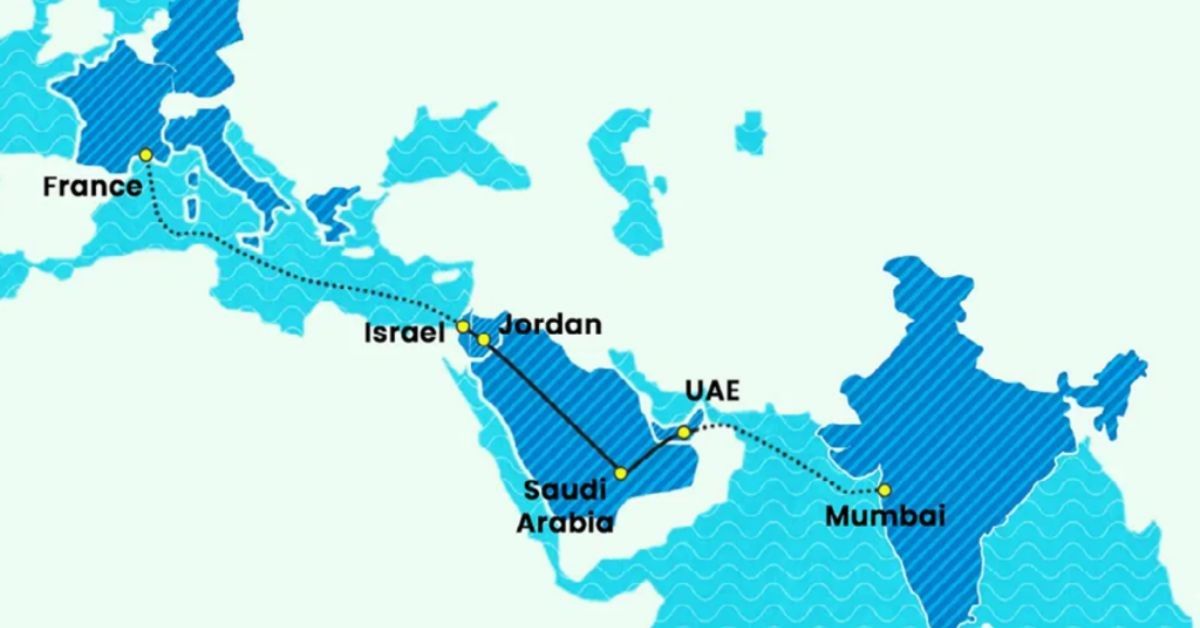As the India-Middle East-Europe Economic Corridor (IMEC) project develops, India has laid forth its plans. The Minister of State for External Affairs, Kirti Vardhan Singh, responded to a question in Parliament by saying, “The corridor intends to enhance connectivity, increase efficiency, reduce costs, secure regional supply chains, increase trade accessibility, generate jobs, and lower greenhouse gas emissions, resulting in a transformative integration of Asia, Europe, and the Middle East.”
India, the United States, the United Arab Emirates, Saudi Arabia, France, Germany, Italy, and the European Union were the founding members of the IMEC, which was established on September 9 of last year in New Delhi during the 18th Group of Twenty (G20) Summit.
The primary goals of the IMEC were to undermine China’s Belt and Road Initiative and promote international trade. With a focus on high-efficiency trade routes, renewable energy, digital infrastructure, and enhanced international communication networks, it seeks to link a combined GDP of $47 trillion with a comprehensive infrastructure network. However, analysts suggest that in order to overcome logistical and geopolitical obstacles, participating nations must coordinate their implementation strategies.
According to Singh, efforts are underway to design and operate a logistics platform that includes a digital ecosystem and to provide supply chain services for handling bulk, containers, liquids, and general cargo of all kinds. Although the IMEC project has garnered attention because to its ambitious plans for infrastructure and green energy, it also has to address socio-political and environmental issues. Although building hydrogen corridors and solar grids is a big step toward renewable energy, there are concerns about the infrastructure’s potential environmental impact.
The corridor intends to encourage the trade of clean hydrogen; however, there are still concerns over the viability of producing green hydrogen on a large scale and transporting it over great distances. It will take ongoing expenditures and technology improvements to guarantee that this energy source is generated using renewable energy instead of fossil fuels.
Reducing the world economy’s dependence on vital marine chokepoints like the Suez Canal is one of the IMEC’s major benefits, according to leading industry analysts. The corridor offers a different path that might ease traffic and strengthen India’s and its allies’ ability to trade. However, considering the amount of international traffic that passes via the Suez Canal, they said that although the IMEC might provide a different route, it is unlikely to completely replace it.







